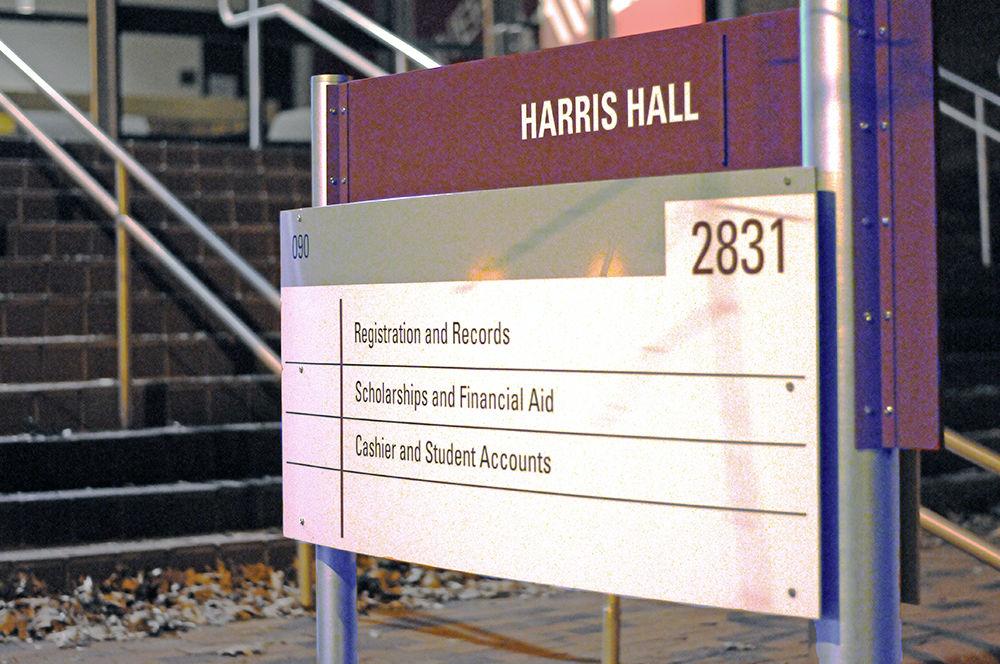NC State’s Tuition Review Advisory Committee (TRAC) has proposed the lowest increase in tuition costs in 10 years, while at the same time, NC State’s financial aid funds may see the first increase in several years.
Student Body President Jess Errico, co-chair of the committee and a fifth-year studying mechanical and aerospace engineering, explained the proposed changes.
“The TRAC committee put together a list of recommendations and debated what exactly do we need to keep the university going; what’s the impact on students and balancing all of those things,” Errico said.
The current proposal has tuition increases at*:
- 0% for in-state undergraduate students,
- 3% for out of state undergraduate students,
- 2% for in-state graduate students and
- 4% for out of state graduate students.
However, this is not set in stone, according to Errico.
“[TRAC] meets to develop a recommendation for proposed tuition increases that then goes to the chancellor,” Errico said.
Errico said that during the last TRAC meeting, it was mentioned that these would be the lowest tuition increases in 10 years. This means that tuition has increased every year, but because of the UNC System NC Fixed Tuition program, undergraduate in-state students will not see their tuition bill increase every year. Rather, each new class at NC State will see increases compared to the prior year.
Krista Ringler, director of the Office of Scholarships and Financial Aid, explained specifically what the changes would affect.
“That’s tuition and standard fees,” Ringler said. “That doesn’t mean that housing won’t change, that dining won’t change, that you won’t see regular cost-of-living changes for things like books.”
Tuition costs increase every year for a variety of reasons, Ringler said.
“It costs money to deliver education, and that’s not a stagnant cost,” Ringler said. “Higher education is something that, in order to deliver it at the best level, you need technology, you need expertise, a highly trained workforce, and those things cost money.”
Financial aid could also see an increase next year, changing from a total of $1.7 million to $2 million dollars. Errico said that while keeping tuition costs down is important, financial aid is also imperative in helping make higher education affordable.
“It’s [a question of] how do we make education as affordable as possible, and graduate students with as little debt as we can,” Errico said. “Financial aid is a big piece of that.”
Ringler explained that even though the university has expanded over the past several years, due to a certain policy, total financial aid did not increase until this year.
“For the past 5 years, we’ve not been able to benefit from those increases,” Ringler said. “That was because of a UNC Board policy that did not allow institutions who were already receiving at least 15% of tuition receipts for financial aid to put any more in financial aid. For the first time, NC State was under that 15% cap, and we had the opportunity to revisit can some of these additional revenues go to financial aid.”
Not all need-based aid has been met over the past several years, so this increase will help; however, it may not be enough. Ringler said that those in need of financial aid should submit FAFSA applications as soon as possible, since the university funds can run out as applications come in.
“This money, as I said, runs out,” Ringler said. “We don’t have enough to meet everybody’s needs, so those that are first in line, we’re best able to serve.”
FAFSA applications opened on October 1st. More information on financial aid can be found online.
*Editor’s Note: This article was updated to accurately reflect the proposed tuition increases TRAC has recommended.








